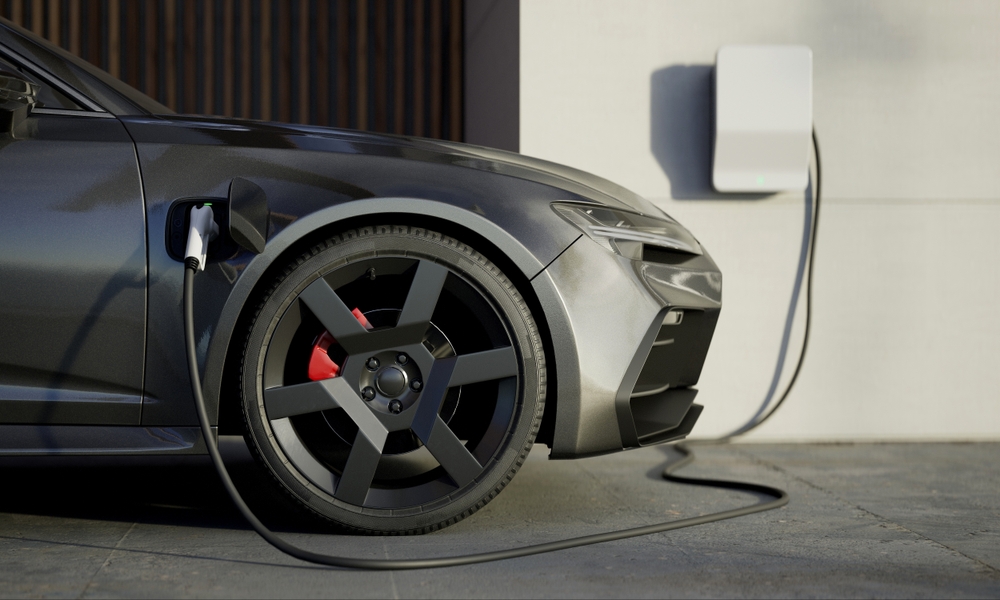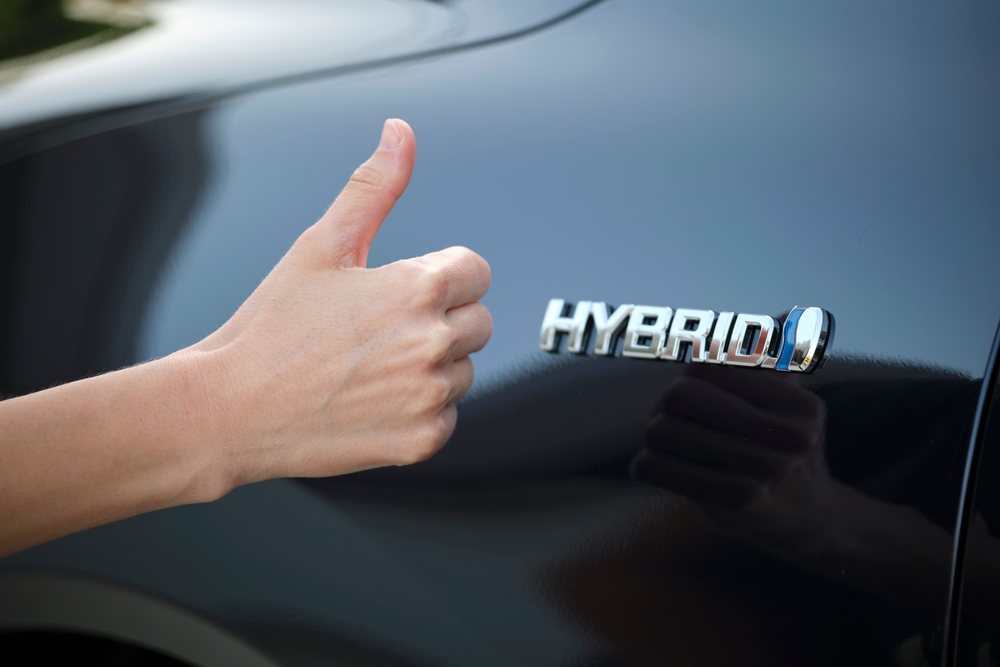Copyright © Everyday Narrative 2024. All rights reserved.
As the world grapples with the urgent need to combat climate change, the automotive industry is undergoing a significant transformation. Hybrid vehicles, which combine a traditional internal combustion engine with an electric motor, are gaining popularity as a purportedly greener alternative to gasoline-only cars. Despite their rising sales and apparent environmental benefits, hybrids have attracted a fair share of skepticism regarding their effectiveness in significantly reducing carbon emissions.

The Surge in Hybrid Popularity
Hybrids have been marketed as the best of both worlds: they offer better fuel efficiency and lower emissions than traditional vehicles while alleviating range anxiety associated with fully electric vehicles (EVs). This dual-source energy approach allows hybrids to extend their driving range by using the gasoline engine when the battery is low, thereby offering a convenient bridge technology for consumers not yet ready to transition fully to EVs.

Leading the charge in the hybrid market is Toyota, with its pioneering Prius model, which has become synonymous with the hybrid concept. The popularity of such vehicles has prompted other major automakers, including Ford Motor and General Motors, to invest more heavily in hybrid technology. This shift has resulted in a significant uptick in hybrid sales, with about 1.4 million hybrid and plug-in hybrid vehicles sold in the U.S. last year, showcasing a notable 63% increase from the previous year.

Skepticism and Criticism
Despite the increasing adoption of hybrids, a chorus of critics argues that these vehicles are not the panacea for climate change that some make them out to be. Climate activists and some regulatory bodies have voiced concerns that hybrids may not be sufficiently green, especially if the goal is to meet ambitious carbon-reduction targets. A critical point of contention is the environmental impact of producing and disposing of the batteries used in these vehicles. The extraction and processing of lithium and other materials necessary for battery production involve significant energy use and can lead to environmental degradation.
Moreover, there is an ongoing debate about the real-world efficiency of hybrids. While they undoubtedly emit less carbon dioxide than their gasoline-only counterparts, the presence of a gasoline engine means that they still contribute to air pollution and greenhouse gas emissions. Critics argue that this fact, coupled with the potential for misleading marketing practices that frame hybrids as nearly equivalent to EVs, could slow down the transition to fully electric transportation solutions.
Regulatory and Market Dynamics
The discussion around the environmental credentials of hybrids is occurring against a backdrop of potential regulatory changes. The U.S. Environmental Protection Agency (EPA) is considering imposing stringent emissions standards that could require a drastic reduction in average fleet emissions by 2032. Such regulations would necessitate a significant increase in EV sales, pushing automakers to pivot more quickly away from hybrids and gasoline-powered cars. This prospect has led to lobbying efforts by automotive industry groups, who argue that the proposed rules are too ambitious and overlook the role hybrids could play in a transitional phase towards a fully electrified future.
On the consumer front, hybrids are often seen as a more accessible entry point into electrified driving. Many consumers are drawn to hybrids due to concerns over the charging infrastructure for EVs and the higher upfront costs associated with electric models. The demand for hybrids, therefore, is partly driven by their perceived practicality and the comfort they offer to drivers not yet ready to commit to a fully electric vehicle.
The Environmental Equation
When evaluating the environmental impact of hybrids, it’s crucial to consider the full lifecycle emissions of these vehicles. This includes not only the emissions during operation but also those associated with manufacturing and eventual disposal. While hybrids generally result in lower operational emissions than gasoline cars, the production of their batteries and electric components can be resource-intensive.
Furthermore, the effectiveness of hybrids in reducing greenhouse gas emissions significantly depends on the energy mix used to generate the electricity they consume. In regions where electricity is primarily produced from renewable sources, hybrids (and EVs) have a lower carbon footprint. Conversely, in areas reliant on fossil fuels for electricity generation, the environmental benefits of hybrids are less pronounced.
Looking Ahead
The debate over hybrids is emblematic of the broader challenges facing the transition to sustainable transportation. Hybrids are undoubtedly a step forward in reducing emissions compared to traditional vehicles. However, the path to achieving significant carbon reductions in the transportation sector is complex and requires a multifaceted approach.
This approach includes further advancements in battery technology, expansion of the renewable energy infrastructure, improvements in EV charging networks, and, crucially, shifts in consumer behavior. As the automotive industry evolves, hybrids will likely continue to play a role in the transition towards greener transportation options. Yet, the ultimate goal remains clear: a future where transportation contributes minimally to global carbon emissions, whether that be through the widespread adoption of EVs or other innovative technologies yet to be developed.
In conclusion, while hybrids represent a significant step towards more sustainable personal transportation, they are not without their limitations and challenges. The journey towards a fully green future is complex and requires not only technological innovation but also regulatory support, market readiness, and a collective commitment to environmental stewardship.



